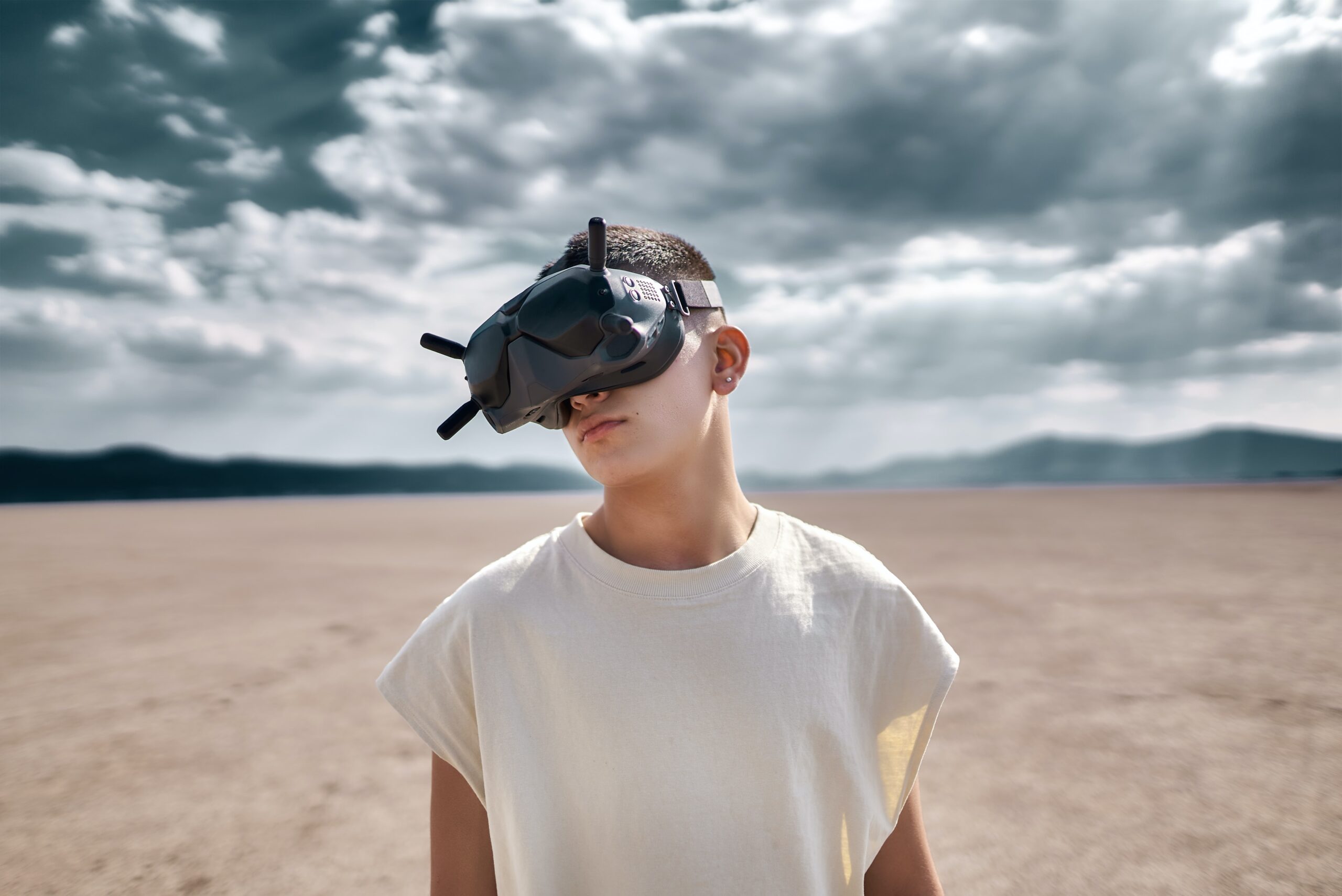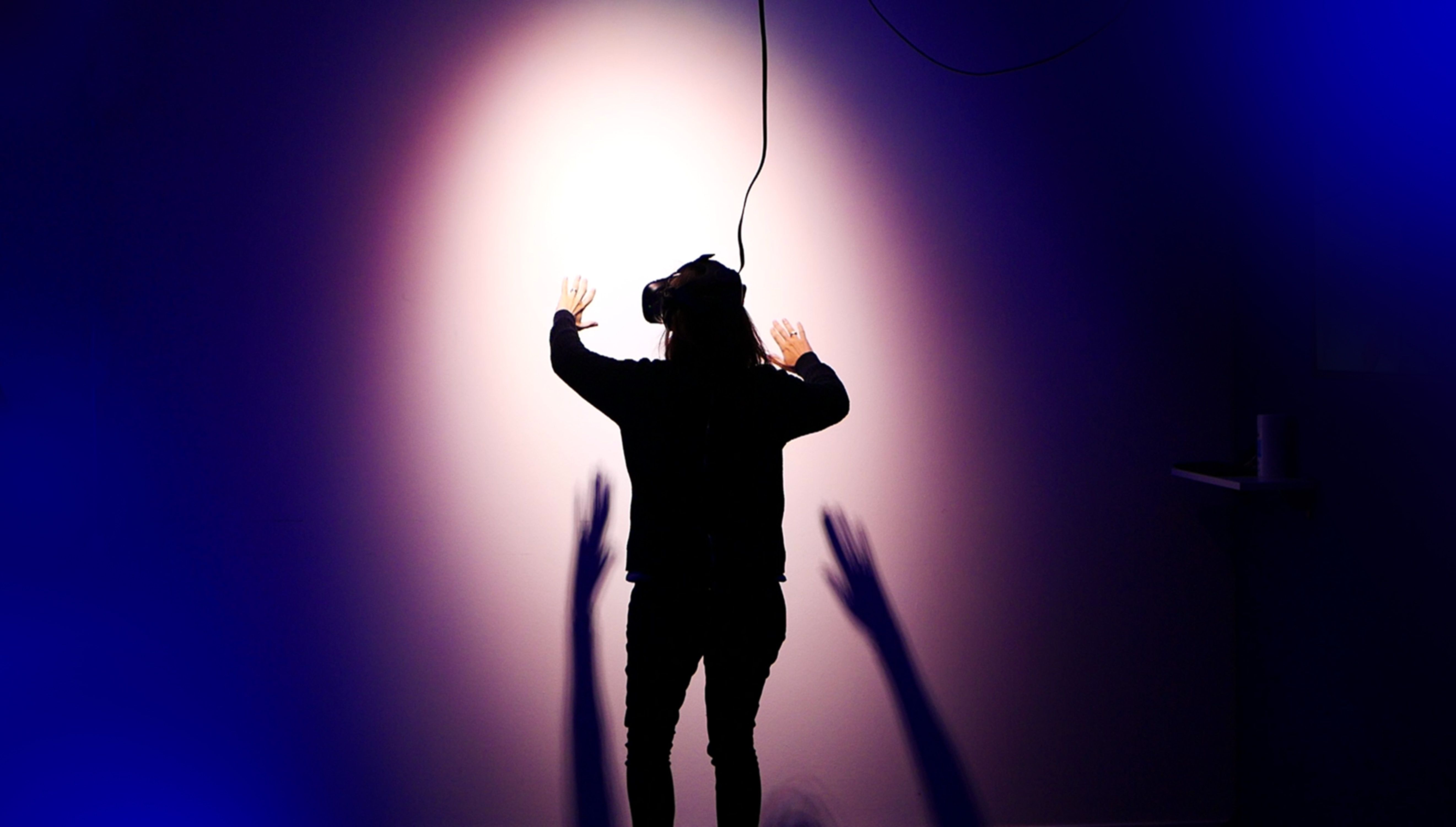The term ‘metaverse’ has been thrown around a lot lately, especially since Mark Zuckerberg announced his plans to develop it. But what actually is it? In this blog, we explore everything you need to know about the metaverse.

What is the metaverse?
The metaverse is yet to exist in its entirety but here’s what we know now. It’s an artificial universe accessed through two technologies: virtual reality (VR) and augmented reality (AR). You’ll need a VR headset to view and participate in it, but the idea is that people can interact with one another in a more immersive way with this three-dimensional experience.
However, the difference between the vision and reality is vast. The vision is a virtual space entered through a single gateway. Right now, each metaverse is separate. Meta and Microsoft are rolling out their own metaverses, to name just a couple. For the vision to work, the platforms must have a seamless connection so that you can switch between them without using separate gateways.
Supporters of the metaverse envision an online world to stay connected with friends and family, through concerts, conferences and trips around the world. This will come at a price. Expect decentralised economies trading in cryptocurrency. You’ll be able to buy and sell virtual goods, NFTs and event tickets. The driving force behind the construction of the metaverse is of course to generate a bigger digital economy.
Who owns the metaverse?
Strictly speaking, no one and everyone. There is no specific company that owns the metaverse. Facebook’s rebrand to Meta may make you think otherwise, but Meta and the metaverse are two different things. The metaverse vision includes companies working together to provide a seamless interface, however there is yet to be any collaboration between companies. That said, the metaverse will technically be owned by those that built and use it; software developers, engineers, computer scientists, artists, world builders and users. However, the companies that own the tools to allow these people to do their jobs will also have an influence in the future of the metaverse.
When will it arrive?
The metaverse as a single, connected space will be years in the making. There just isn’t the internet infrastructure to host millions of virtual users across the globe just yet. The metaverse will need strong and fast internet connections, otherwise the virtual world will be full of glitches – hardly the user experience Meta and other companies are aiming for.
Mark Zuckerberg expects to see the metaverse mainstream in the next 5-10 years. But don’t get too excited – it’s still in the early stages of development. However, some features, like virtual reality meetings and games (Fortnite and Roblox), are already operational. It’s the interoperability of these features that’s needed to progress.
How will this change the way we work?
Working remotely is already a reality for many of us. However, what could change is how we interact with each other online. Meta has already released Horizon Workrooms, a virtual reality space to hold meetings. Other tech giants are following this trend, with Apple investing heavily in its AR glasses and Microsoft launching Mesh for Teams, a mixed reality feature. This could mean a move away from Zoom meetings and a move towards meetings held in VR.
Companies could also develop their own virtual workspace to allow you to work from the office, from home. It takes all the benefits from working in the office (collaboration, efficiency, resources) into a virtual space whilst removing all the hurdles (commuting, renting an office space, overseas colleagues).
It could also mean attending conferences across the world with your digital avatar and conducting training sessions via AR, which could cut your staff training times by 60%. This hypothetically makes for a more inclusive and accessible workspace, provided that everyone has a VR headset and a stable internet connection.

No matter how you feel about the expansion into the metaverse, it’s clear that’s where the future is heading. By 2030, experts predict that a large proportion of people will be using the metaverse in some way. PwC predicts that 23 million jobs will be using VR by 2030 too.
The impact of the metaverse to enhance our digital experience has huge potential. Instead of working from home, you could be working from your own digital workspace, whether that’s on the beach, in the jungle or alongside your coworkers’ digital avatars. The future is much closer than we think!
Interested in learning more from Posh Cockney’s insight? Get in touch today.










